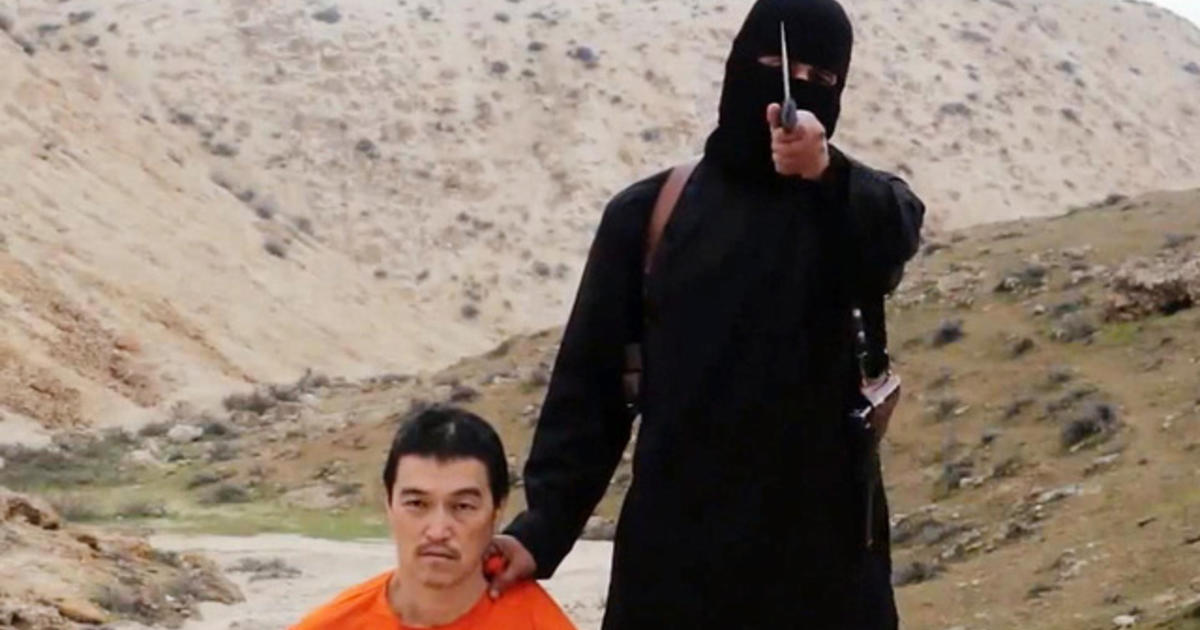
Countries have used a variety of excuses to go to war. Some cite the need for protection of people who speak their language, like Vladimir Putin is doing in the Ukraine or Adolph Hitler did before annexing the “Low Countries” adjacent to Germany in the 1930’s. Others, like the United States, claim that National Security is threatened as in the 2003 invasion of Iraq or pursue policies to prevent “the domino effect,” offered as justification for the war in Vietnam which claimed 50,000 American lives. In yet other circumstances, war has begun as a simple strategy of territorial conquest in pursuit of the extension of Empire; historically speaking, the United Kingdom, for example, has at one time been at war against 171 of the 192 members of the United Nations.
Of all the excuses, however, the most bizarre is war due to assassination, the intentional killing of one or more individuals which then induces international military conflict. The best example of this is World War I. The assassination of Arch Duke Franz Ferdinand, heir to the then Austrian Emperor in 1914 by a Serbian nationalist triggered a global war, killed over 5 million soldiers and set the stage for the much larger conflict of World War II. The latest example of this type of trigger to war has happened in Northern Iraq and Syria where the self-proclaimed Islamic State (or ISIS) has assassinated two western journalists and an aid-worker.
As a result of the beheading videos posted on YouTube, the United States is hurriedly cobbling together yet another “coalition” of countries and preparing for a major military conflict. Our British allies, who themselves were enraged by the beheading of one of their journalists by ISIS, are also beating the war drums. It appears we and an unknown number of other countries will soon be embroiled again in battling the remnants of Saddam Hussein’s Sunni military, once called “dead-enders” by that sage of warfare Dick Cheney, who reportedly form the core military leadership of ISIS. Thus, merely three well-publicized, admittedly gruesome assassinations will yet again vault the world into a rage which surely will kill many, guilty and innocent alike.
The use of social media by ISIS has been essential in bringing things to this point. The world-wide web provides the opportunity to magnify lone acts into world-changing events, and to overwhelm both the senses and common sense at the same time. Such obviously emotionally-laden material as a beheading becomes fodder for a mass-media feeding frenzy and the hand-wringing of military bureaucracies. Such events become beheadings “heard round the world.”
That America and its allies would fall for such obvious provocation is more an indication of how governance and foreign policy is now a sentimental exercise in pleasing public opinion rather than sound strategy. We’ve taken the bait and are now entering the trap of war on the backs of a fickle 24-hour news cycle. Meanwhile, as we dither yet again in another fruitless exercise of perpetual war, the Ebola virus has the potential to leap across Liberia’s borders and become a lethal world-wide plague.
Determined to “teach our enemies a lesson” our exaggerated military response to assassination is our way of “educating” the world about who’s boss. When media-savvy extremists succeed in gaining our attention this way, however, we’ve already been largely defeated.